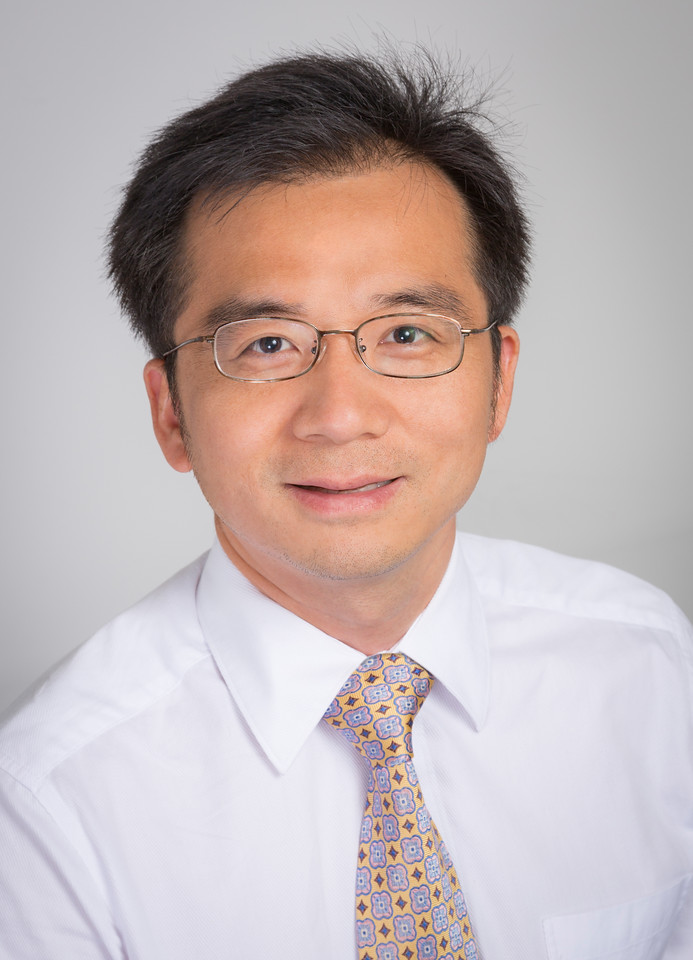
A chemistry journal has issued corrections for seven papers after learning that one of the authors failed to list his ownership of a company with a stake in the research.
The articles, which appeared in Lab on a Chip — a journal “at the interface between physical technological advancements and high impact applications” from the Royal Society of Chemistry — came from the lab of Tony Jun Huang, of Duke University in Durham, N.C. Huang, who holds the William Bevan Distinguished Professor of Mechanical Engineering and Materials Science at Duke, is a prominent figure in the field. According to his bio:
He has authored/co-authored over 235 peer-reviewed journal publications in these fields. His journal articles have been cited more than 16,000 times, as documented at Google Scholar (h-index: 70). He also has 20 patents and invention disclosures.
According to one of the identical notices, for a 2018 paper titled “Three-dimensional numerical simulation and experimental investigation of boundary-driven streaming in surface acoustic wave microfluidics”:
A relevant conflict of interest statement was not disclosed in the original article. The corrected conflict of interest statement for this article is shown below.
The new statement reads:
T. J. H. has co-founded a start-up company, Ascent Bio-Nano Technologies Inc., to commercialize technologies involving acoustofluidics and acoustic tweezers.
According to Ascent’s website:
Ascent is a bio-tech start-up incorporated in 2012. It is a spin-off from The Pennsylvania State University and Duke University. Ascent focuses on development and commercialization of acoustofluidic (i.e., the fusion of acoustics and microfluidics) chips and instruments for research, diagnostic, and therapeutic applications. It has a strong IP portfolio on acoustofluidic technologies (exclusive license for 4 issued US patents and >10 issued/pending patents in China, Japan, Europe, and North America).
Huang is listed as a co-founder of the company and chair of its scientific advisory board.
Here are the seven articles, all of which have been cited less than two dozen times, according to Clarivate Analytics’ Web of Science:
- “Cell lysis via acoustically oscillating sharp edges”
- “Acoustic tweezers based on circular, slanted-finger interdigital transducers for dynamic manipulation of micro-objects”
- “High-throughput cell focusing and separation via acoustofluidic tweezers”
- “Separating extracellular vesicles and lipoproteins via acoustofluidics”
- “Three-dimensional numerical simulation and experimental investigation of boundary-driven streaming in surface acoustic wave microfluidics”
- “An acoustofluidic device for efficient mixing over a wide range of flow rates”
- “On-chip stool liquefaction via acoustofluidics”
We emailed Huang for comment but have yet to hear back.
Seven papers is a big number, but we’ve seen even more sweeping cases of failure to disclose financial conflicts. In 2018, journals issued at least 14 corrections of articles by researchers at Memorial Sloan Kettering Cancer Center in New York City to reflect their link to companies.
One of those scientists, Jose Baselga, was chief medical officer at MSKCC but resigned once the New York Times broke the story of the lack of disclosure. Another, Craig B. Thompson, is the institution’s president and CEO.
Hat tip: Alex Klotz
Like Retraction Watch? You can make a tax-deductible contribution to support our work, follow us on Twitter, like us on Facebook, add us to your RSS reader, or subscribe to our daily digest. If you find a retraction that’s not in our database, you can let us know here. For comments or feedback, email us at [email protected].